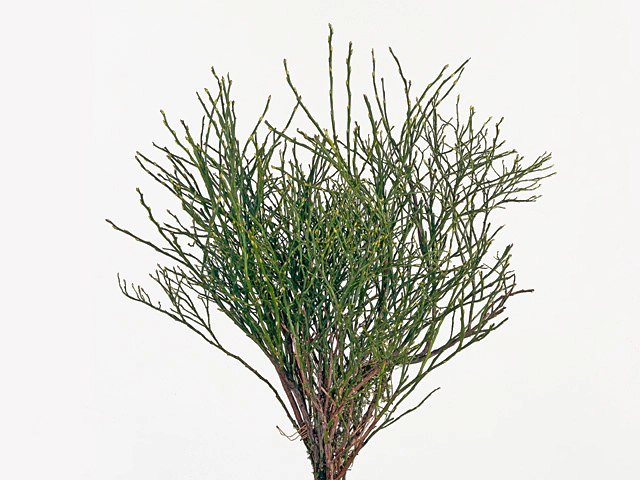Vaccinium myrtillus per bunch

| Winter hardness | Excellent (USDA-zone 1,2,3,4) |
| soil pH requirement | Slightly acidic (pH 4,5 - 6,5); Acid (pH < 4,5) |
| Light conditions | Semi-shades; Sunny |
| Toxicity (if consumed) | Not or barely |
| Moisture requirements | Well-drained; Moist |
Bilberry: The Small Wonder Fruit That Packs a Punch
When it comes to berries, the bilberry, also known as huckleberry, blueberry, whinberry, or whortleberry, stands out as a true powerhouse. Native to Europe, this small fruit, scientifically known as Vaccinium myrtillus, is often overlooked in favor of its larger cousin, the blueberry. However, what it lacks in size, it more than makes up for in health benefits.
One of the key characteristics of the bilberry is its remarkable winter hardness. It can thrive in USDA hardiness zones 1, 2, 3, and 4, making it a resilient choice for gardeners in these regions. Additionally, its soil pH requirements make it adaptable to a range of conditions. While it prefers slightly acidic soil with a pH between 4.5 and 6.5, it can also tolerate more acidic conditions with a pH below 4.5.
In terms of light conditions, bilberries are versatile. They can grow in semi-shaded areas, making them an ideal choice for gardens with partial sunlight or dappled shade. However, they also thrive in sunny locations, as long as they receive adequate moisture.
One common concern with berries is their toxicity if consumed. However, bilberries are not toxic or only mildly so. This means that they can be enjoyed without worry, both fresh and in various culinary preparations.
When it comes to moisture requirements, bilberries prefer well-drained soil but can also tolerate moist conditions. This flexibility makes it easier for gardeners to include them in their landscapes, even in areas with varying water availability.
Now, let's explore the health benefits of bilberries. Similar to blueberries, bilberries are packed with antioxidants, mainly in the form of anthocyanins. These compounds give the fruit its deep purple color and provide numerous health benefits. Studies suggest that consuming bilberries may support eye health, improve circulation, enhance cognitive function, and provide anti-inflammatory effects.
Bilberries are also a rich source of vitamins C and E, as well as potassium and fiber, which are all essential for overall health and well-being. The fruit's natural sweetness makes it a delicious addition to smoothies, desserts, or enjoyed on its own as a healthy snack.
In conclusion, bilberries are an underrated gem among berries. Their ability to withstand harsh winter conditions, adapt to different soil pH levels, and thrive in various light conditions make them a versatile and resilient choice for gardeners. Meanwhile, their health benefits, low toxicity, and adaptability to moisture levels make them an excellent addition to any diet. So why not give the bilberry a chance? Discover the wonders of this small yet mighty fruit and boost your health while enjoying its delicious flavor.
Market availability index by month:
| Jan. | Feb. | Mar. | Apr. | May | Jun. | Jul. | Aug. | Sep. | Oct. | Nov. | Dec. |
|---|---|---|---|---|---|---|---|---|---|---|---|
| 4 | 3 | 3 | 3 | 1 | - | - | - | - | 1 | 1 | 2 |